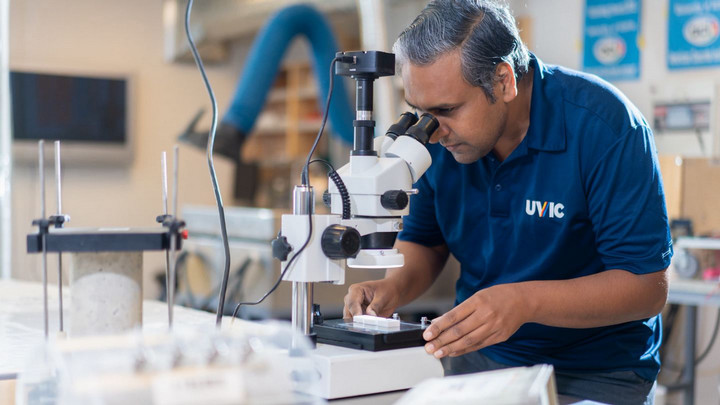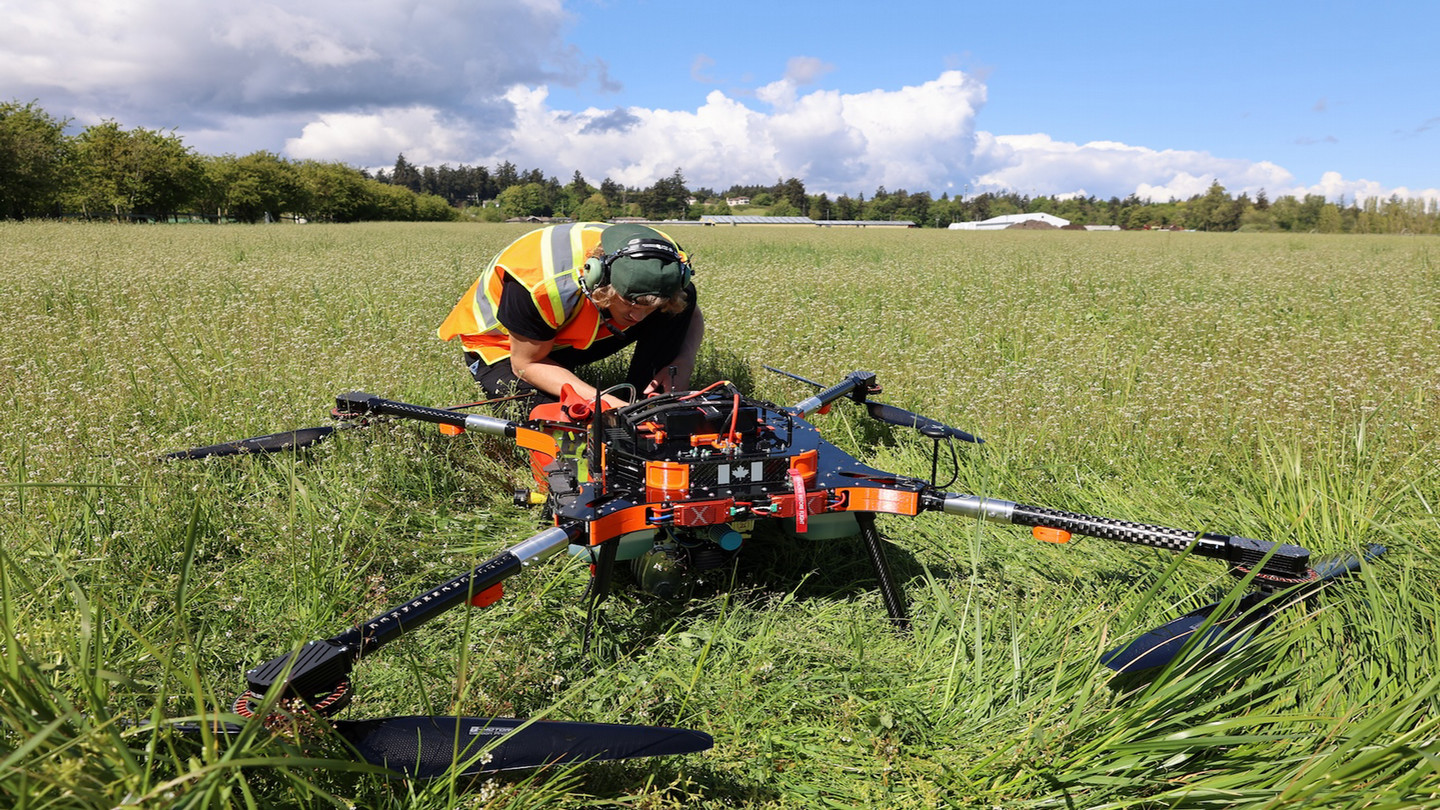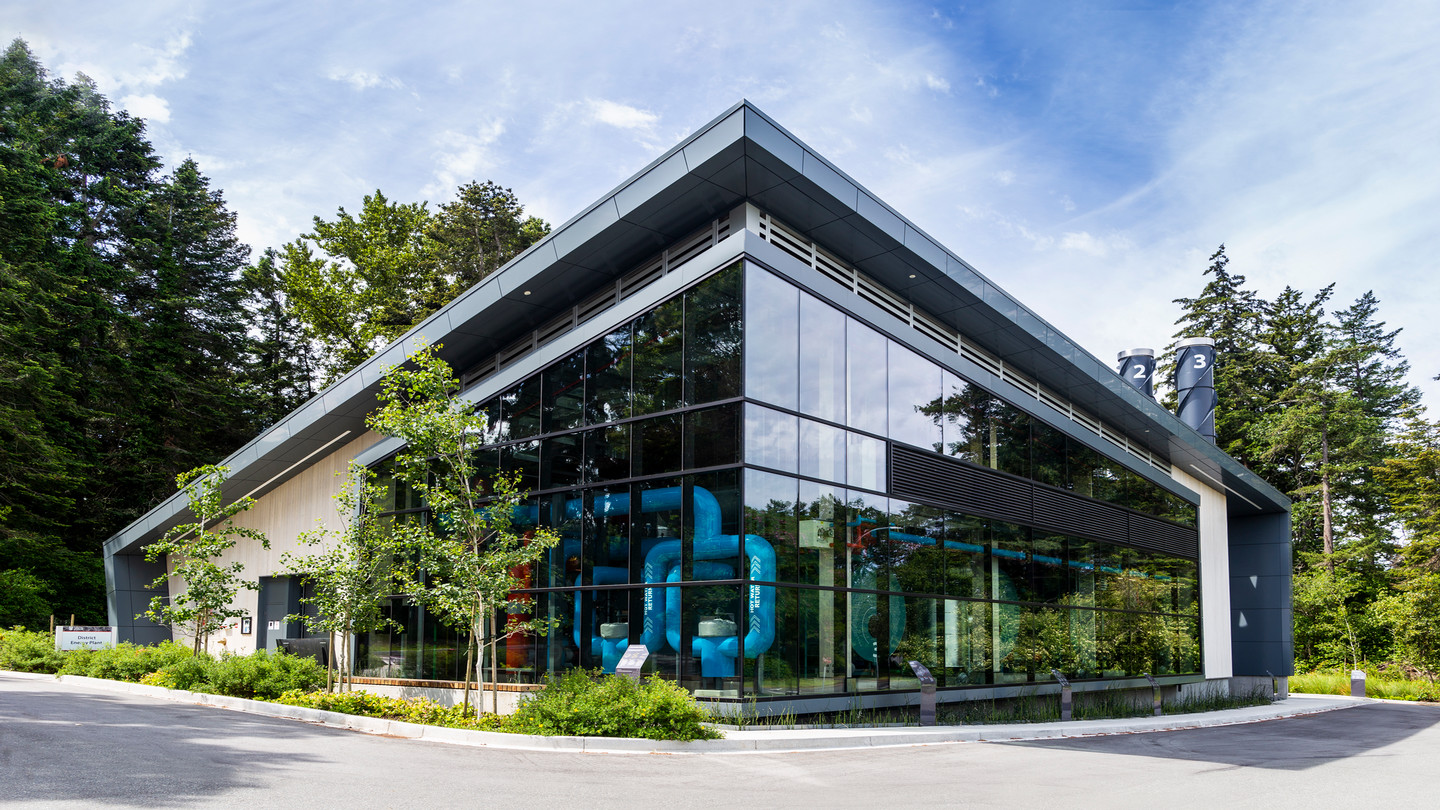Professional programs
Ready to take your career to the next level? Our professional graduate programs are designed to give you the hands-on experience and advanced skills you need to succeed in high-demand industries like engineering, tech and sustainability.
Whether you're fresh out of your undergraduate degree or looking to deepen your expertise in mid-career, these course-based degrees are designed to prepare you for real-world leadership roles. Explore our programs below and see how they can set you up for success.

DEng Leadership in Engineering Applications & Practice (LEAP)
A professional doctorate designed for senior working engineers
- conduct independent and impactful research and on real-world problems
- lead and manage complex socio-technical technology projects
- develop and enhance sustainable engineering practices
- lead the responsible use of Artificial Intelligence
- establish and lead community-engaged decision-making and risk management processes

MEng in Aerospace Systems Engineering (ASE)
Engineer the future of flight with smart, sustainable aerospace systems
- design next-generation aerial vehicles with hybrid-electric propulsion and composite materials
- integrate AI and machine learning into autonomous aerospace operations
- gain hands-on experience through team-based design, build, fly projects
- collaborate with academic and industry leaders like the Centre for Aerospace Research
- incorporate sustainability and ethics into advanced aerospace system design

MEng in Applied Data Science (MADS)
Turn big data into big decisions & engineer intelligent solutions
- manage and analyze large data sets efficiently and effectively
- acquire advanced data science and engineering skills
- respect security and privacy in problem solving and decision making
- gain practical and industrial experience
- learn the role, ethics and responsibilities of an applied data scientist

MEng in Biomedical Systems (BISY)
Design the future of healthcare: where engineering meets human impact
- apply principles of human physiology to system design
- use material science for medical device design and implementation
- consider human factors and ergonomics
- analyze medical devices in the context of a usability, economics and risk
- follow the regulatory process and pathways to develop medical device
- leverage innovative technology and techniques in the biomedical industry

MEng in Building Envelopes and Structures (BEST)
Build smarter, stronger & greener to lead the next wave of sustainable construction
- climate change adaptation: specialize in climate change adaptation and mitigation within the construction industry
- research and experiential learning: engage in research-enriched learning through projects and optional co-op opportunities
- industry application: use real-world case studies from new engineering buildings to enhance learning and experiment with practical solutions

MEng in Industrial Ecology (INEC)
Engineering for the Earth: creating sustainable systems that work for the planet
- assemble and compute energy and material flows in an industrial society, from products and services to cities and economies
- determine the environmental and economic impacts of infrastructure, products, processes
- plan and analyze systems for material reuse and recycling and understand the limitations and potential of circular economies
- understand the scientific basis of environmental impacts of human activities
- apply the methods and tools of industrial ecology in business, economic and public policy contexts

MEng in Telecommunications & Information Security (MTIS)
Protect what connects us to lead in cybersecurity & telecom innovation
- investigate cybersecurity incidents in networks and computer systems
- develop security policies and procedures to secure IT systems
- apply knowledge of telecommunications networks
- investigate and resolve problems in telecommunications systems
- communicate technical knowledge of security and telecommunications systems to stakeholders

Engineering & Computer Science Co-op
The Engineering and Computer Science Co-op program offers graduate students a valuable opportunity to gain practical, hands-on experience while completing their degree. Most professional programs include the option to do one or more terms of co-op after completion of the program.
Participating in the co-op program allows you to apply classroom knowledge to real-world scenarios, build professional networks and enhance your resume, making you more competitive in your future career.
Tuition & funding
Tuition information for all Professional MEng programs can be found by using the tuition calculator.
While professional MEng programs are usually self-funded, you can find information on scholarships and bursaries on our funding and scholarship opportunities page.
